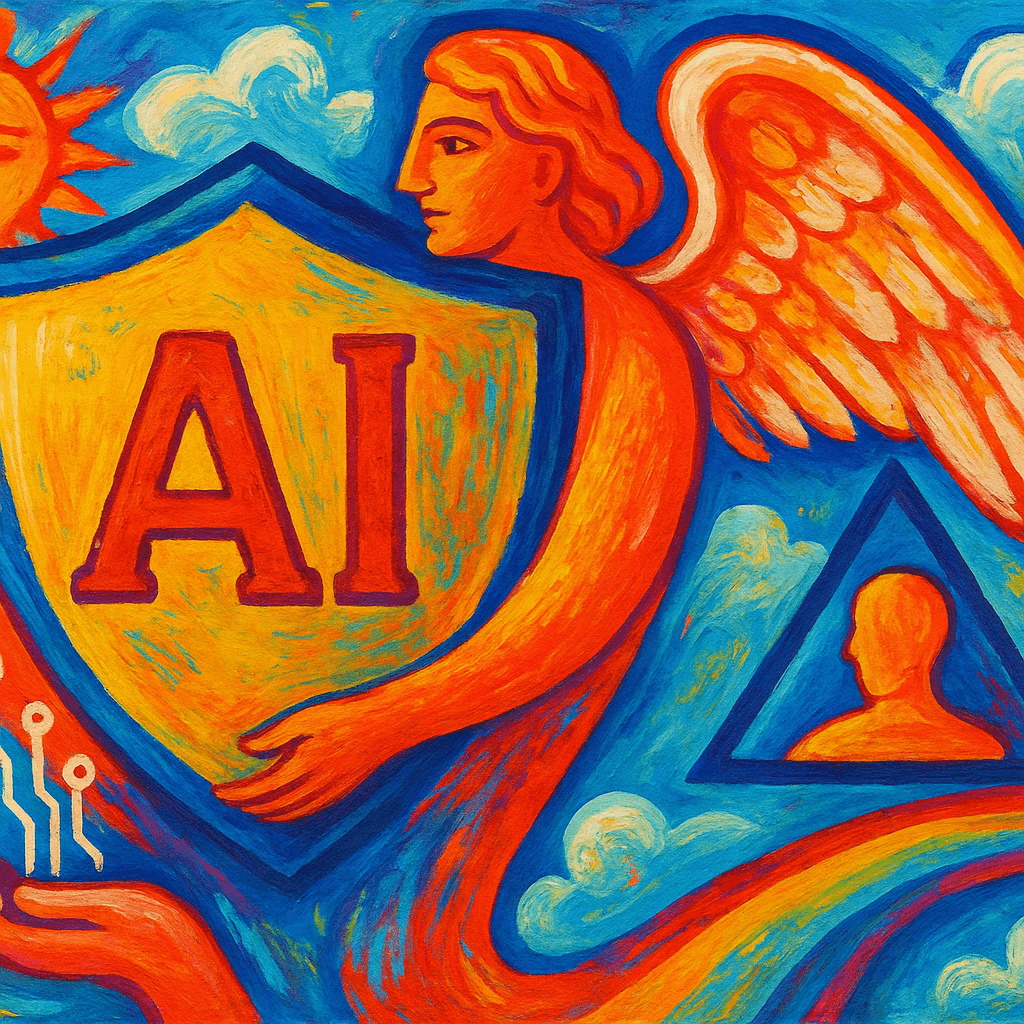The AI Transformation in Insurance
Artificial Intelligence is rapidly reshaping the insurance industry, fueling innovation in core operational processes and customer engagement. By integrating machine learning algorithms and data-driven insights, insurers are improving accuracy, accelerating workflows, and tailoring products to meet evolving consumer demands.
Revitalizing Underwriting and Claims
One of the most significant impacts of AI in insurance lies in underwriting advancement. AI systems analyze vast datasets to predict risk more precisely, enabling insurers to offer more competitive and customized policies. Claims processing has also benefited, with automated systems reducing manual intervention, speeding up settlements, and lowering operational costs. This shift not only decreases human error but also improves fraud detection through pattern recognition techniques.
Tailored Policies and Customer Insights
Insurers are leveraging AI to gain a deeper understanding of individual risk profiles. Personalized risk assessment models use real-time data streams, such as telematics and IoT devices, to adjust coverage dynamically and price products fairly. Customer experience innovations include AI-powered chatbots and virtual assistants that provide instant support and guidance, enhancing engagement while decreasing service response times.
Strategic Imperatives for the Future
Looking ahead, insurance companies must prioritize the integration of AI to maintain a competitive edge. Investments in machine learning infrastructure and talent acquisition will be critical for driving innovation and operational efficiency. Strategic adoption of AI will enable carriers to optimize risk management, streamline operations, and unlock new business models.
The outlook for AI in insurance is promising, with continued growth expected in predictive analytics, automated underwriting, and customer-centric solutions. Firms that proactively embrace these technologies will be better positioned to respond to market changes, regulatory challenges, and shifting customer expectations.
In summary, AI’s role in insurance is evolving beyond automation to become a strategic driver of value creation. For decision-makers, understanding these trends is essential to capitalize on opportunities and navigate the future landscape of insurance effectively.




